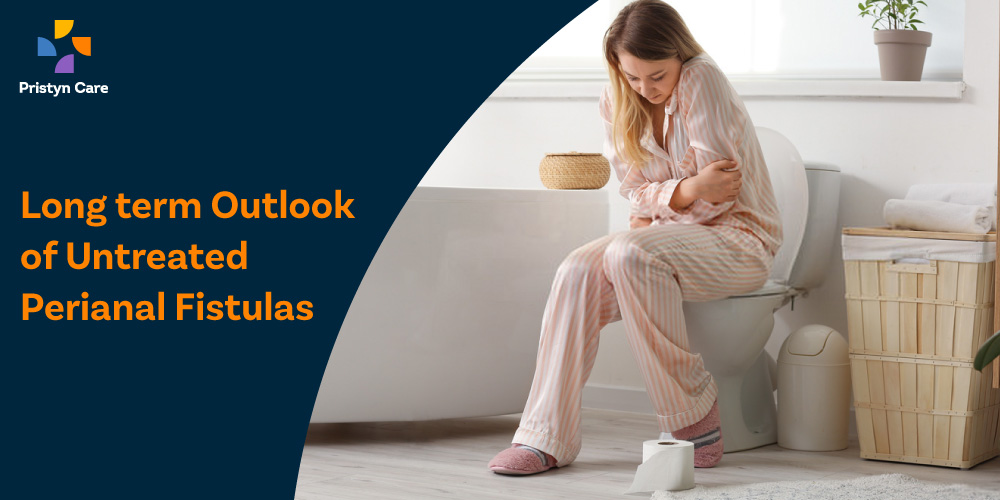![]() Views: 13,285
Views: 13,285
Long term Outlook of Untreated Perianal Fistulas
An anal fistula is a small tunnel that connects an infected gland inside the anus to an opening on the skin around the anus.
Dedicated Support at Every Step!
Our Doctors are available 24 hours a day, 7 days a week to help you!
Table of Contents
Introduction
The anus is the external opening through which feces are expelled from the body. Just inside the anus are a number of small glands that occasionally get clogged and can become infected, leading to an abscess. Quite often, these abscesses may develop into a fistula.
No Cost EMI, Hassle-free Insurance Approval
Causes
It is not entirely clear what causes all fistulas. They often arise from an abscess in an infected anal gland. Other times, fistulas occur after the abscess has already been drained
Anal fistulas are also associated with other conditions that can lead to their formation. Crohn's disease is a common one. Tuberculosis and diverticulitis can also result in fistulas.
Radiation therapy, too, can lead to anal fistulas.
MBBS, Diploma in Radio Diagnosis & MD-TB & Respiratory Diseases
₹1200₹600Consultation Fee
Treatment
Surgery is almost always necessary to cure an anal fistula. The goal of the surgery is a balance between getting rid of the fistula while protecting the anal sphincter muscles, which could cause incontinence if damaged.
Treatment options for anal fistula:
- Fistulotomy
- Seton placement and surgery
- Laser fistula treatment
- LIFT procedure (Ligation of Intersphincteric Fistula Tract)
- VAAFT procedure (Video-assisted Anal Fistula Treatment)
Also Read- Is Recurrent Fistula Curable?
Consequences and Outlook of an Untreated Perianal Fistula
An untreated fistula may cause complications such as drainage, sepsis, perforation and peritonitis Though rarely life-threatening, fistulas can trigger serious complications.
Fecal Incontinence: Chronic active or untreated perianal fistulas may lead to fecal incontinence.
Fistula drainage and abscess: Fistulas carry on discharging foul-smelling fluid and cause more painful abscesses.
Sepsis: Sepsis is a life-threatening illness that results from an uncontrolled bacterial infection that spreads throughout the body.
Peritonitis: Intestinal fistula may cause inflammation AND infection of the peritoneum
Untreated peri-anal fistulas can also turn from simple fistulas to complex fistulas with regards to-
- Increase in the size of abscess
- Increase in the length of the tract
- Increase in the number of tracts
- Simple straight tracts getting complex
- Abscess extending deeper and causing generalised infection - Failure to correct an anal fistula generally leads to persistent drainage, recurrent peri rectal abscesses and gradual fibrosis of the anal sphincter
- High chances of fecal incontinence and destruction of the sphincter- Untreated fistulas can develop secondary openings which will make the surgery more complicated and can lead to damage to the sphincter which may cause incontinence of stool and gas
- Small chances of turning malignant over the years
The simpler the tract, the easier and less risky the surgery. The longer you go without treatment, the more likely that that tract can become more complex and more difficult to safely treat.
If you are wondering about the treatment of fistula without surgery, then make it clear that a fistula does not heal on its own.
If you observe signs and symptoms of a fistula at once, speak to your doctor.
Understand your treatment options and ask the doctor about the nice way to treat anal fistula. Treatment might also be less complicated than you assume and can be better than letting it go untreated.
Also Read-
How to Cure Fistula Permanently?








